Krakow invests in a modern future
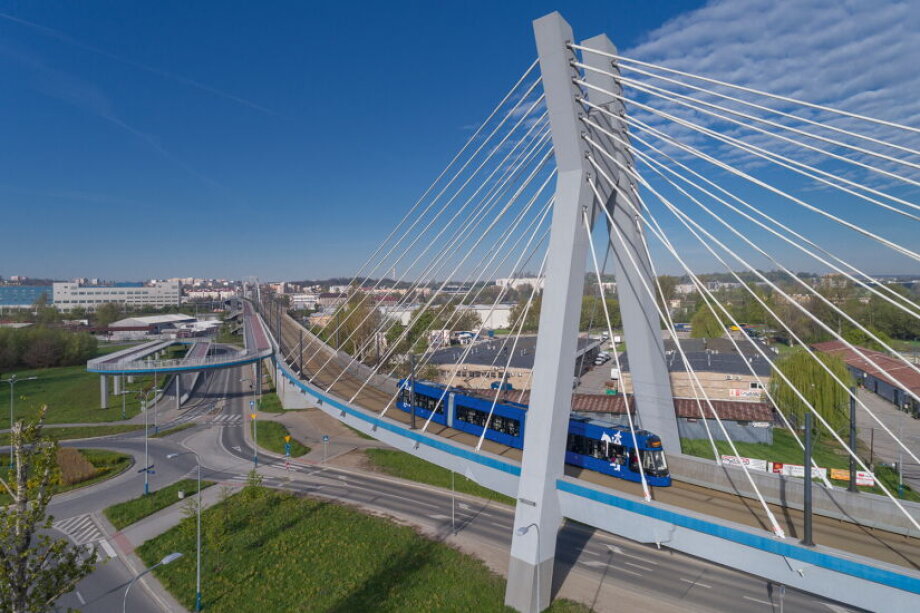

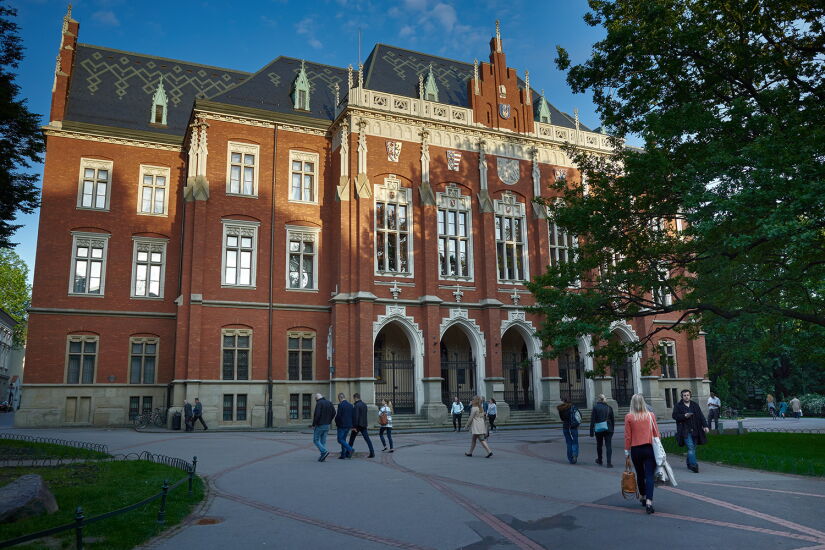
Morten Lindholm: Can bold investment projects be realized in Krakow? Is there space for this? What are Krakow’s development plans in the area of large urban investments?
Stanisław Mazur: Yes, Krakow, as the heart of the metropolis and the capital of the region, has many tasks that cannot be carried out without ambitious and far-reaching plans. For the city, and especially for the public transportation system, a significant step will be the construction of the metro, which is an investment requiring extraordinary organizational and financial involvement. Similarly, the expansion of the airport and better connectivity with the city will likely be necessary. The areas of Nowa Huta of the Future provide extensive investment opportunities, while the "Wesoła" area in the city center is developing into a creative district. The concept of a "New City" may also return as an area that opens up new directions and forms of urban development.
Still, the modern economy and the city require energy, so in addition to developing renewable energy sources, nuclear energy cannot be excluded. Furthermore, anything that improves the quality of life in the city remains a priority for Kraków’s local government. Examples include already implemented systems for smart transport management, water networks, or the construction of an eco-incinerator. It is clear, however, that the pace of technological development and the need for modern city management confirm the need for smart solutions. Therefore, intelligent systems are being designed in many areas related to safety, resilience, and everyday residents’ comfort. Improvements like energy consumption monitoring in buildings not only improve efficiency but also support cost savings.
Investing requires capital, but above all, talent. Krakow has many environments capable of generating business ideas and implementing innovative projects. There is definitely a need for greater support for the development of local startups, perhaps in the form of a dedicated center with laboratory facilities.
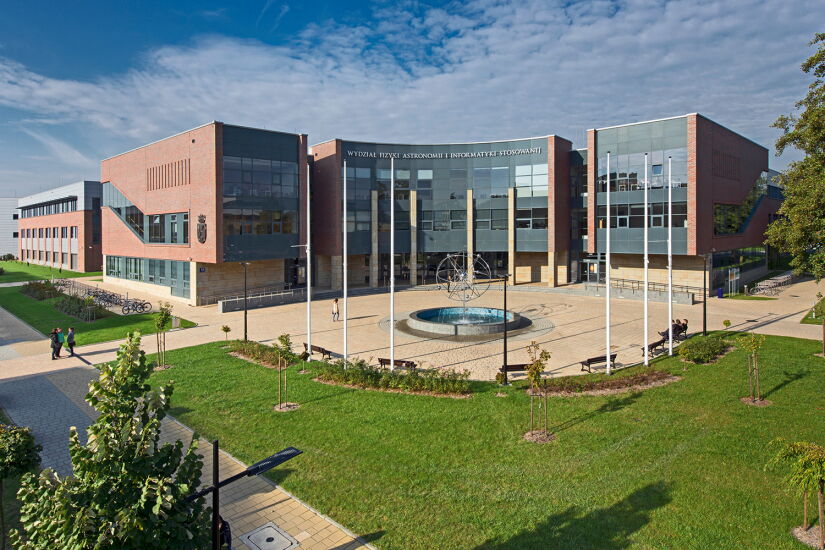
Is the metro a solution to all communication issues?
The metro is certainly not the solution to all of Krakow’s communication problems. It will become a key element of public transport, but we still need to wait a little longer for it to be operational. In the meantime, we must develop models for effective integration of this mode of transport—buses, trams, suburban rail, and the Park-and-Ride system.
Currently, work is underway to determine the final route of the main metro line, as well as to outline the long-term direction for the development of this mode of transport, which is obviously linked to the strategic planning of the city’s overall development.
An important complement to the issue of efficient transportation in Krakow is the work on clean transport zones, the development of infrastructure such as parking lots, and new routes for road, tram, bicycle, and pedestrian transport. There is also a clear need for cooperation with neighboring municipalities within the Krakow agglomeration.
As we can see, the metro, while very important, is just one element of a complex transportation system in a metropolis with over a million inhabitants.
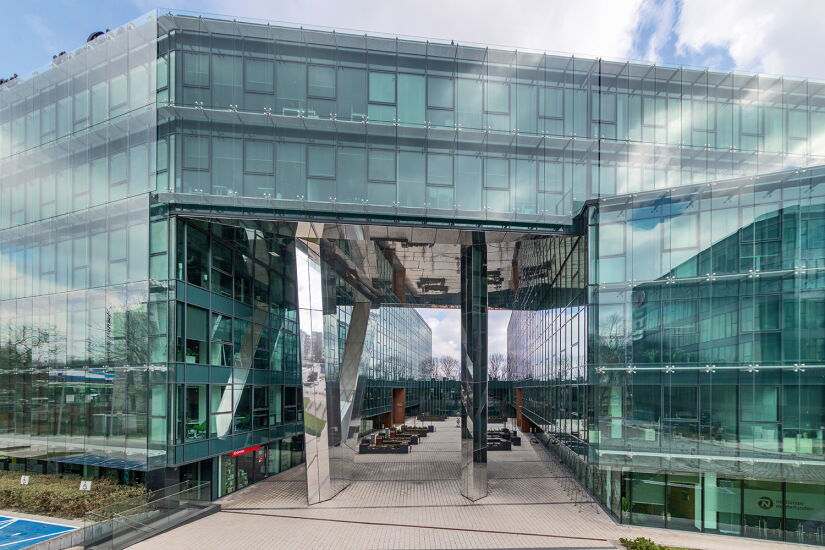
Is Krakow observing negative changes in the job market? Are group layoffs a threat? What about the modern business services market?
Krakow is currently recognized as one of the most important centers for modern business services, employing nearly 110,000 people in this sector. Certainly, an economic monoculture is hardly beneficial for a city. While Krakow is aware of the risk, the city continually works to support other industries present here, such as tourism, the food sector, biotechnology, and the creative industries.
At the same time, a positive trend is the diversification of activities undertaken in business centers, which are increasingly shifting towards more advanced functions.This includes a stronger focus on innovation, which has led to the creation of many research and development positions.
Focusing on innovation and modern technologies—such as automation, artificial intelligence, and Big Data—can searve as a great counterbalance for the negative effects of structural changes and the optimization of processes within companies, which might result in job reductions. Such changes may reduce the number of employees in some areas but can simultaneously create new jobs in more specialized fields. However, this is a process that requires time.
The growing demand for digitization services, cloud technologies, and IT outsourcing ensures that skilled workers will still be in demand. Fortunately, Krakow is a strong scientific and academic center, capable of providing a well-educated workforce—especially in the IT and financial sectors.
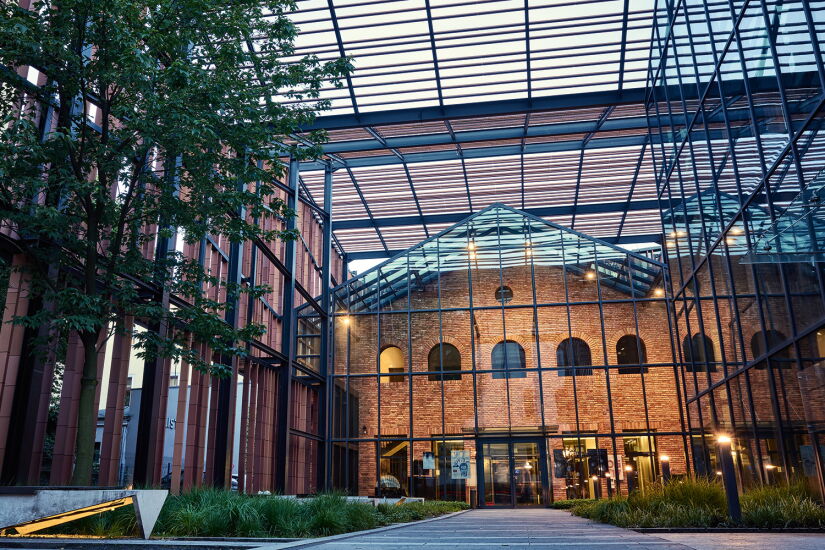
Does Krakow have dedicated solutions for SMEs, or are there plans for specific support for local entrepreneurs?
The city offers a wide range of support for businesses and local entrepreneurs, including:
The Program for Economic Support of Entrepreneurship in Protected and Declining Industries, which allows, among other things, the rental of commercial premises through targeted tenders—for specified industries. It also includes rent adjustments for tenants, considering the unique challenges of protected and declining industries. Currently, 141 municipal commercial premises are being rented for business activities in these industries.
The Agreement for Supporting Entrepreneurship in Krakow, aimed at creating a platform for cooperation between the city and organizations representing Krakow’s entrepreneurs (e.g., the Chamber of Commerce and Industry, the Krakow Merchants' Congregation, the Małopolska Chamber of Crafts and Entrepreneurship, the Krak-Business Association, the Małopolska Association of Merchants and Entrepreneurs), with a particular focus on small and mid-sized enterprises.
The Social and Economic Innovation Cluster Zabłocie 20-22, including the Business Incubator, which aims to improve access to services for social organizations and promote entrepreneurship, including social entrepreneurship. The Business Incubator has been operating since June 2024, offering incubation programs for young entrepreneurs and individuals wishing to start a business. Last year, 28 regular users took part, benefiting from networking meetings, training, workshops, and coaching.
Currently, together with representatives of municipal units, city councilors, and business and academic experts, the Kraków Economic Support Program for Entrepreneurship and Innovation for 2025-2029 is being developed, with the overarching goal of long-term business development in the city.
